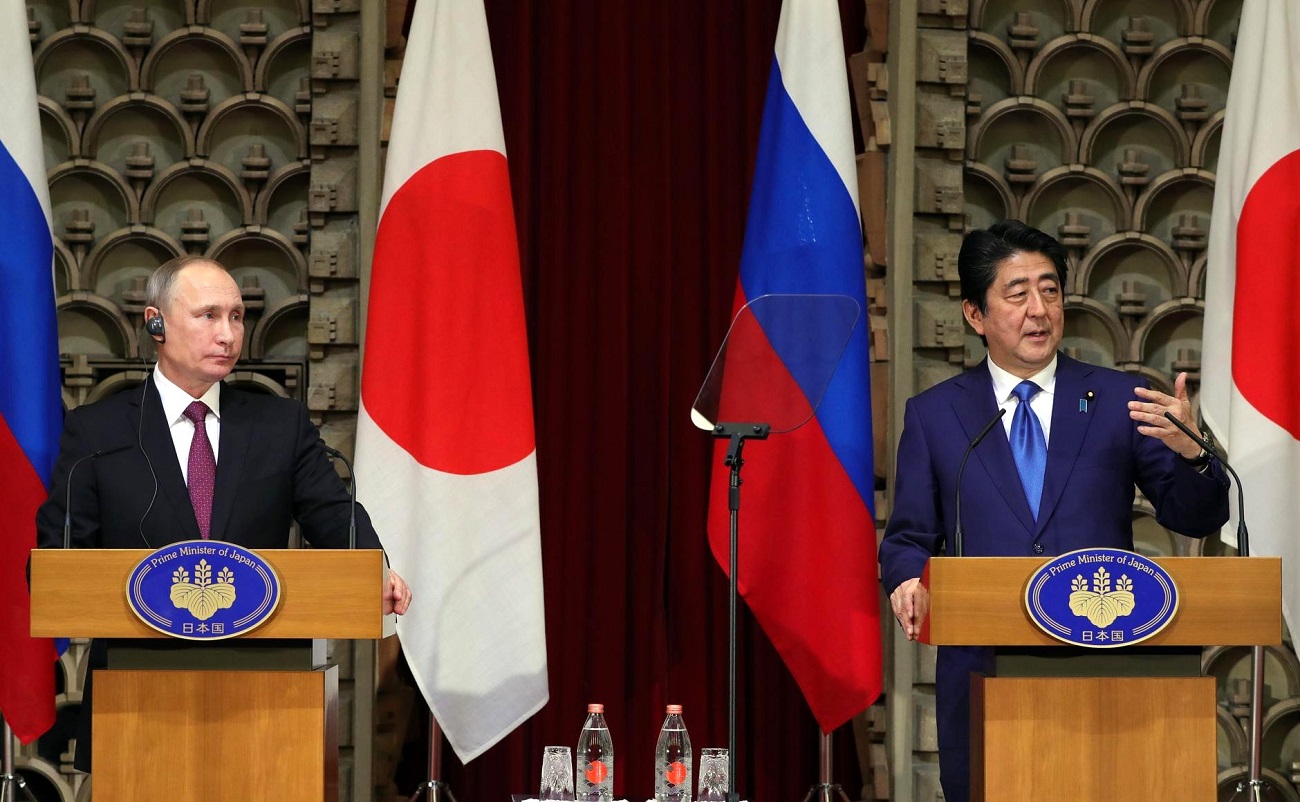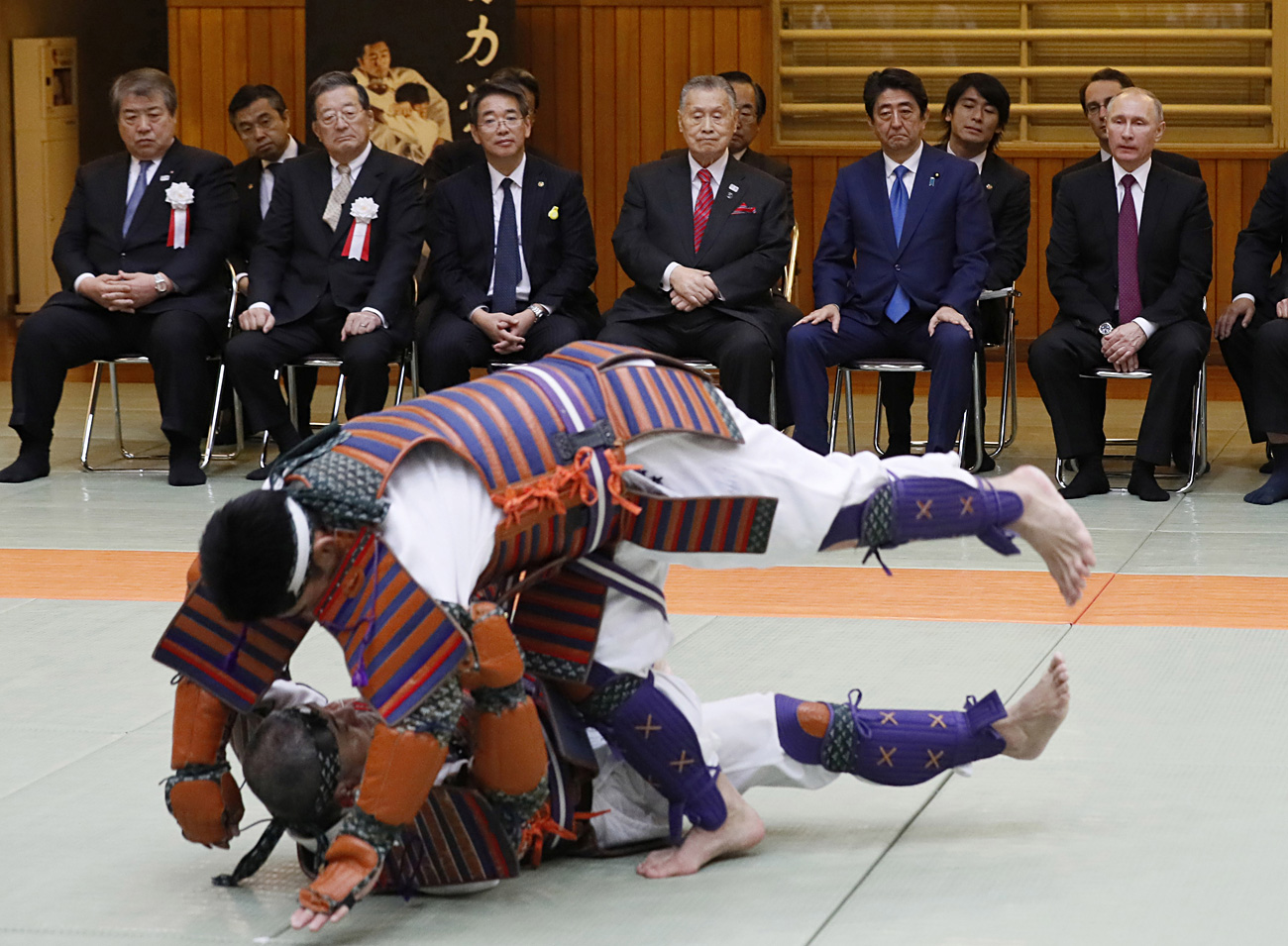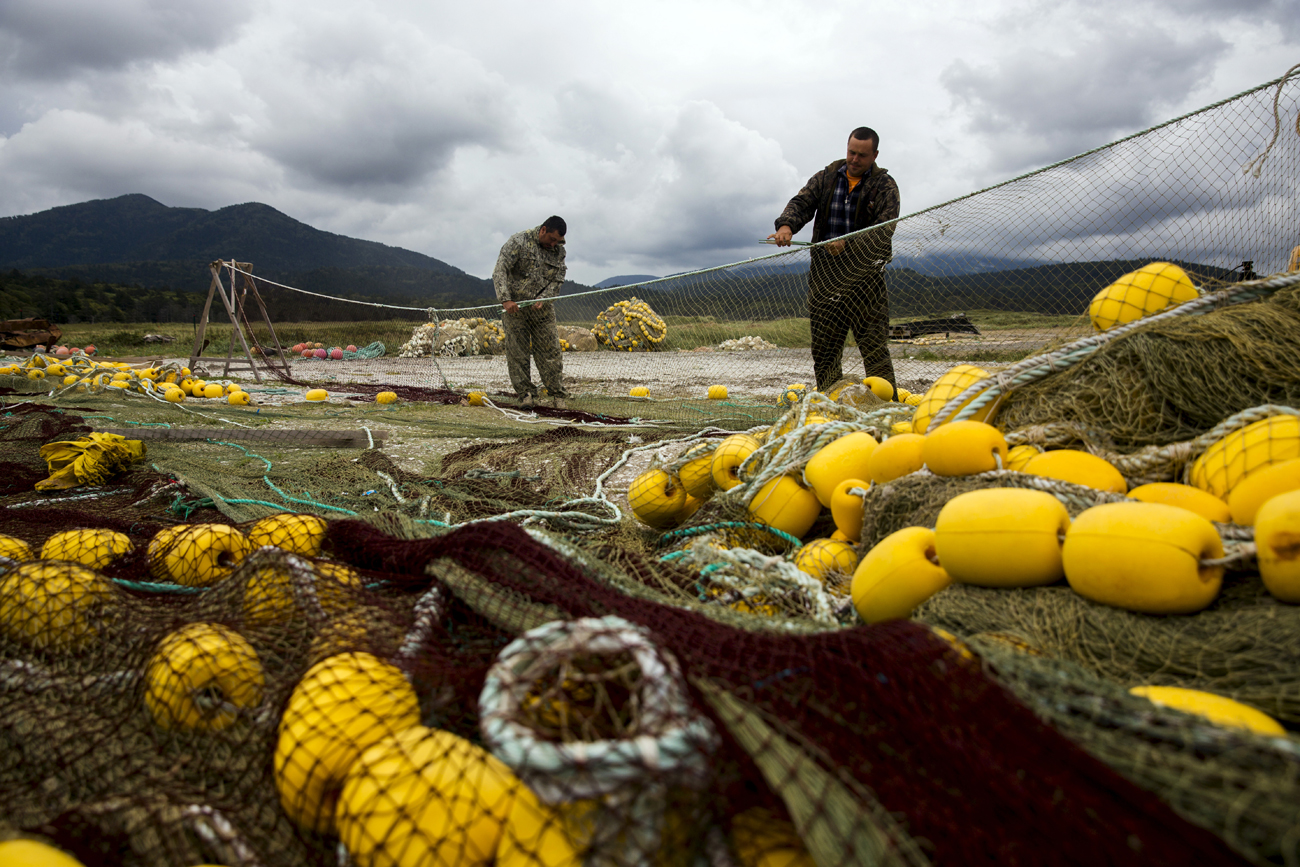Putin-Abe summit ended in favor of Russia - experts

Experts say the summit has been much more positive for Russia than for Japan.
kremlin.ruThe announcement of a “special economic regime” on the Southern Kurils and the establishment of a joint investment fund were the two main achievements of the Russia-Japan summit that was held on Dec. 15-16, analysts told RBTH.
Tagir Khuziyatov, Professor of economics at the Far Eastern Federal University, told RBTH that the countries achieved "a breakthrough" at the summit. Russia and Japan “were finally able to look at each other as strategically important partners and began to form a fundamentally new level of interaction,” he added.
"Overall, this has been much more positive for Russia than for Japan," James Brown, Associate Professor of Temple University, told RBTH. According to him, the Russian side was pleased that Vladimir Putin was welcomed in a G7 capital for the first time since the outbreak of the Ukraine crisis.
“The visit to some extent weakens the anti-Russian element in the G7,” Dmitry Streltsov from Moscow State Institute of International Relations (MGIMO) told RBTH.
Investments and agreements
“There have been numerous highly promising economic agreements, especially the announcement of a joint investment fund,” Brown said.
"This agreement will create a system of guarantees for Japanese investors and help Russian-Japanese cooperation take off,” Streltsov said. “Japanese investors have difficulty in Russia due to a lack of knowledge of their rights and instability in the investment climate in the country. The agreement will also give some impetus to our economic cooperation,” he added.
68 agreements worth 300 billion yen (about $2.54 billion) were signed one the sidelines of the summit. The agreements included the establishment of joint investment platforms, Mitsui’s acquisition of a 10 percent stake in Russia’s R-Pharm, and a 200-million euro loan from Japan Bank for International Cooperation (JBIC) to the Yamal LNG project.
Unmet expectations
However, the Japanese side may have expected more from the summit, Brown said.
“Meanwhile Japan will be disappointed that more was not achieved on the territorial issue,” he said. “This was their priority. They will hope that the agreement to discuss joint economic development on the islands will create progress towards a final resolution. There remain many uncertainties, however, about whether a mutually acceptable legal framework can be created to enable such joint development,” Brown added.
“We must pay tribute to the political leaders of the two countries,” Khuziyatov said. “The Japanese Prime Minister initiated the rapprochement, and the Russian President appreciated the initiative and took it forward. Without their political will such progress would not have been possible.”
However, no analysts expected the resolution of the territorial dispute and the signing of a peace treaty during the current visit.
"Some say that nothing sensational happened,” Khuziyatov said. “If by sensational, they meant the immediate conclusion of a peace treaty and the resolution of the issue of the Southern Kuril Islands, it is unlikely that this could seriously have been imagined.”
Streltsov believes that joint economic activity on the islands can bring the parties on the right track to conclude a peace treaty. “It is also a step towards understanding and brings us closer to the signing a treaty of peace and friendship with Japan,” he added.
The first step has been taken, and this required political will from both Japan and Russia.
“We must pay tribute to the political leaders of the two countries,” Khuziyatov said. “The Japanese Prime Minister initiated the rapprochement, and the Russian President appreciated the initiative and took it forward. Without their political will such progress would not have been possible.”
All rights reserved by Rossiyskaya Gazeta.
Subscribe
to our newsletter!
Get the week's best stories straight to your inbox

